Browside
-
Looking across Brow Side you can see the famous Everton Lock-Up Tower, Beyond (to the right) stands the famous Ann Fowler Salvation Army Home, not for 'fallen women' as is often suggested, but for working women who might have found themselves on hard times. This building was formerly a large Welsh Congregational Church built in Victorian times and reflective of the large Welsh community in Everton. Its impressive twin towered facade looked like a mini version of the Notre Dame Cathedral in Paris.

-
Another angle of the Prince Rupert Pub, sadly long gone with its rich local history (see below)
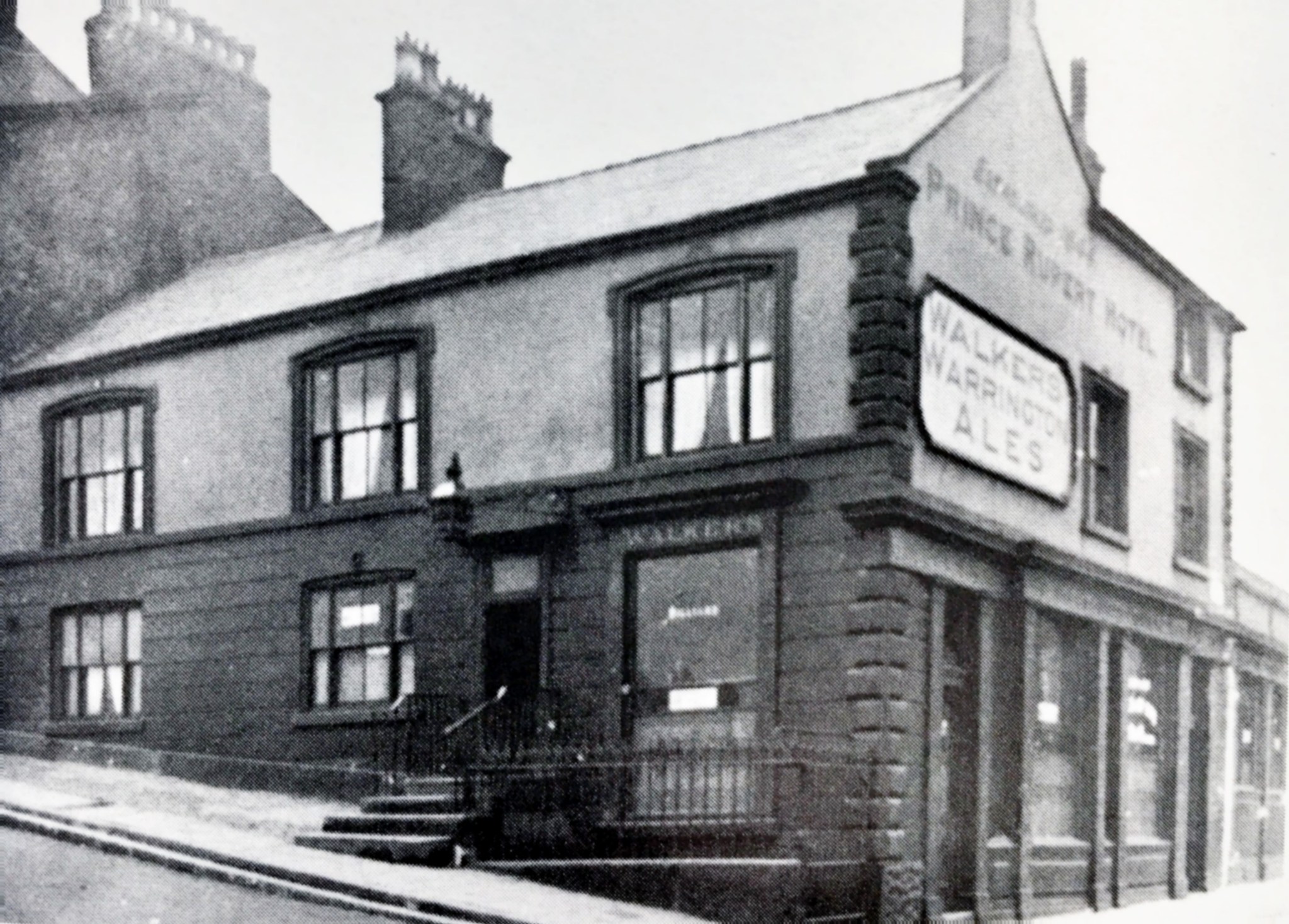
-
The Prince Rupert pub that stood at the junction of Browside and Rupert Lane. It was demolished during the clearances, but this building was almost certainly the former Halliday's Coffee House where, in the early 1800s, the great and the good of the old Everton district would gather to make some important decisions of the day, not least to raise the funds that would build the historic St George's Iron Church that was opened in 1814. Halliday's Coffee House was ahead of its time when you think of the myriad coffee shops in central Liverpool right now. It was a tourist attraction in its own right when Everton was the pretty village on the hill, surrounded by greenery with its remarkable river views. A Mr Halliday lived in 20 Village Street, almost certainly the early proprietor.
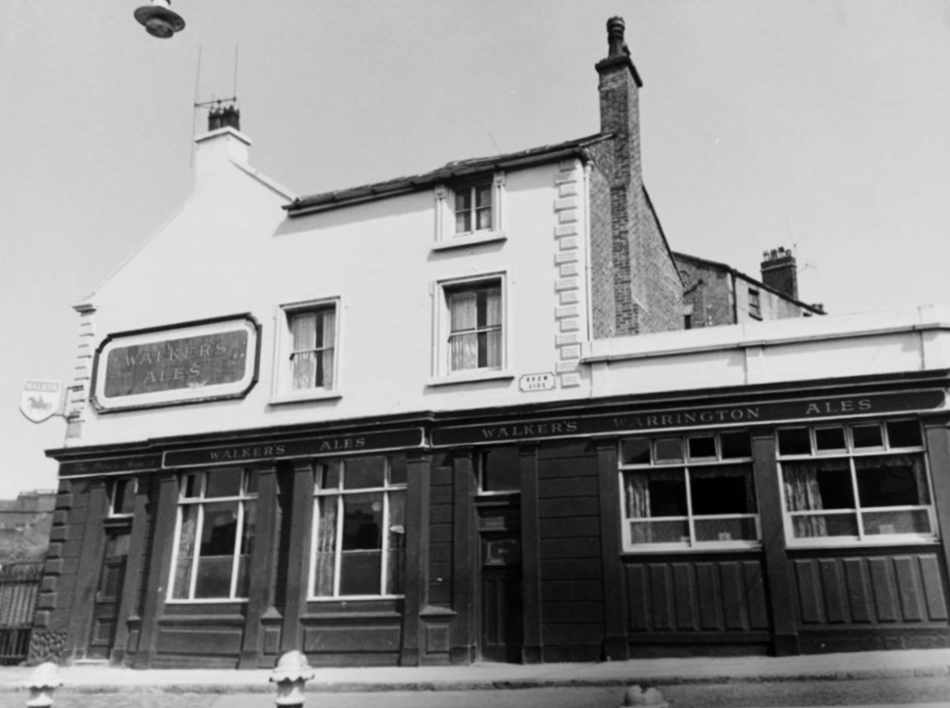
-
Browside Then & Now
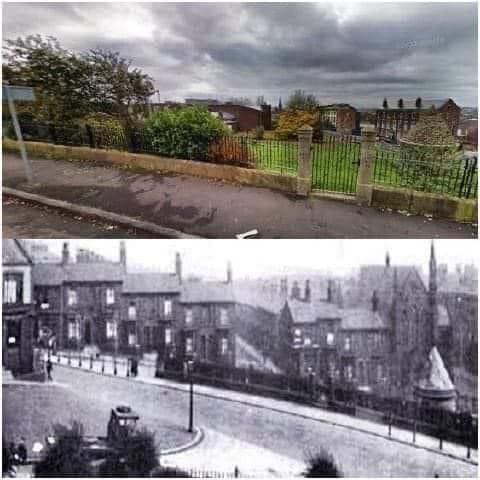
-
Browside Orange Lodge Day
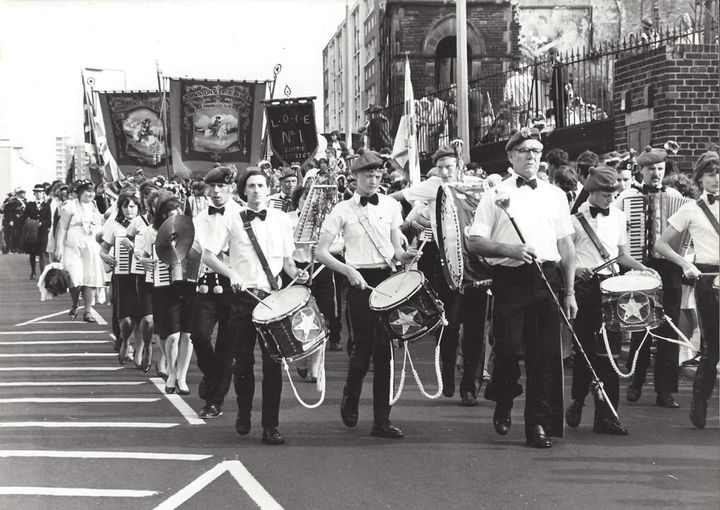
-
A wonderful image of Browside by Honor 20 Lite.
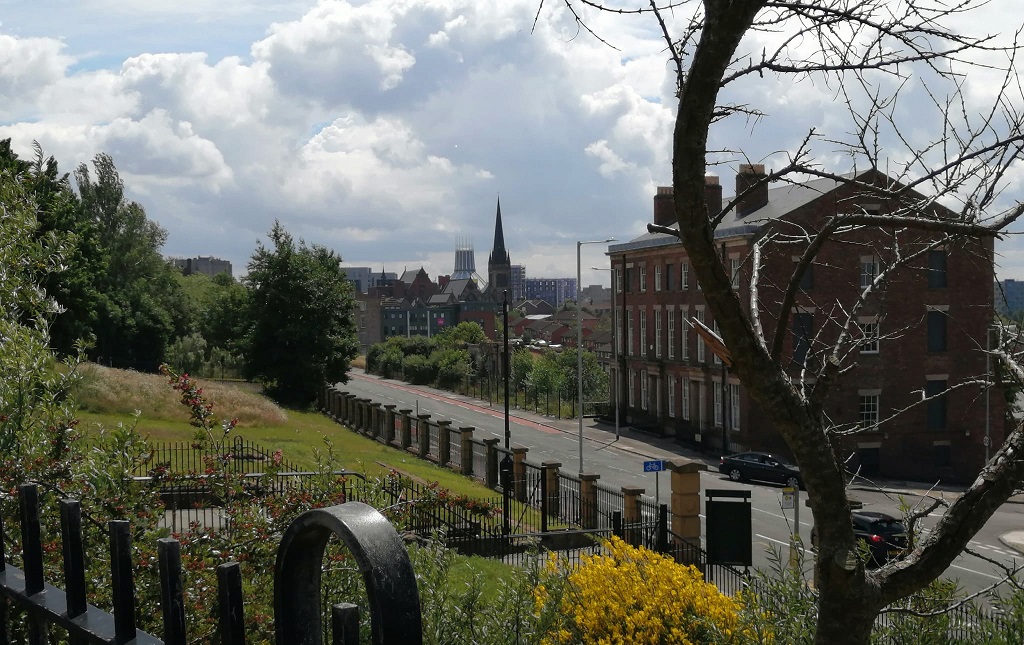
-
1980: A view from Rupert Park looking across an icy Browside, uploaded to the Netherfield Rd Facebook by Dennis Hargreaves.
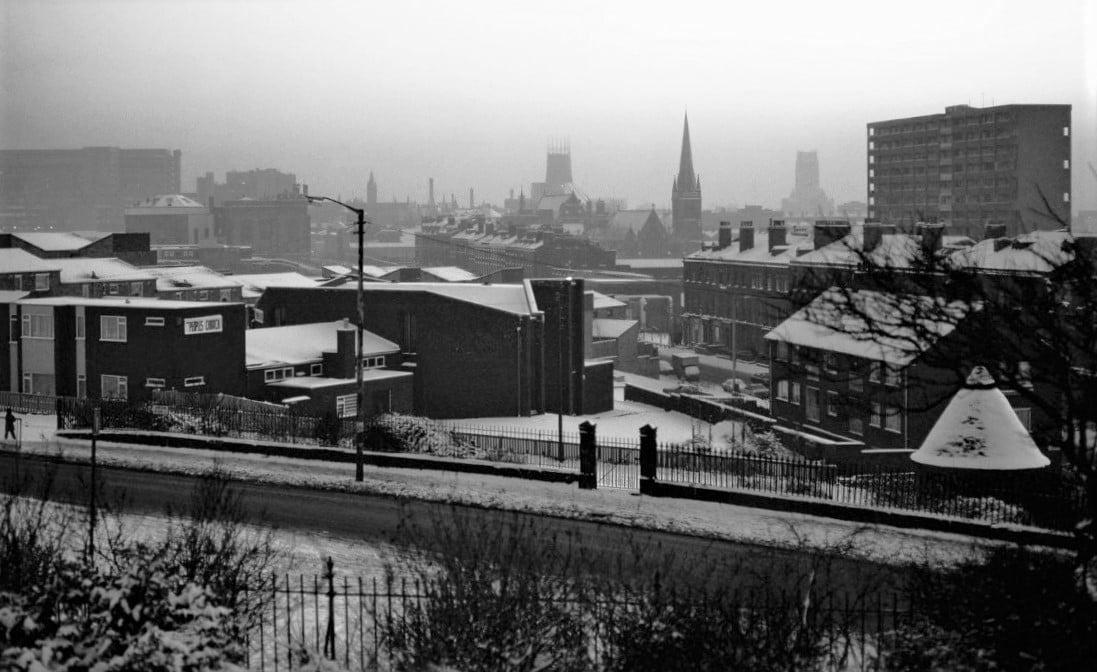
-
A fascinating advert for Everton Toffee, confirming it was supplied to Her Majesty the Queen (Victoria), manufactured by R.H. Wignall (late of the Old Original Toffee Shop on Browside by the Everton Lock-Up Tower. Mr Wignall was the grandson of Molly Bushell, the original Everton Toffee Girl). This advert indicates depots/shops for Everton Toffee at 39 London Road, and 169 West Derby Road (opposite the Zoological Gardens). Clearly, the latter shop was positioned to pick up trade from the zoo which opened in 1833 and closed in 1865. Victoria came to the throne in 1837, so this enables us to date this advert between that date and 1865. A little note on the bottom indicates that it was possible to send and export Everton Toffee to any part of the world.
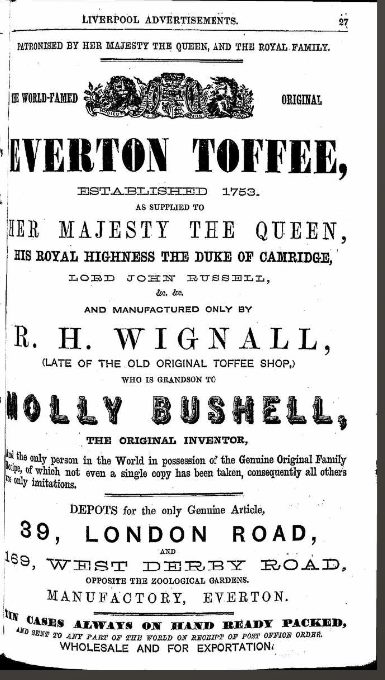
-
An unusual picture of a white-coated policeman conducting traffic on Browside. You can see the familiar towers of the former Ann Fowler Home for Women top right and the start of Everton Terrace to the right of the lone vehicle. Hard to imagine a traffic jam here!
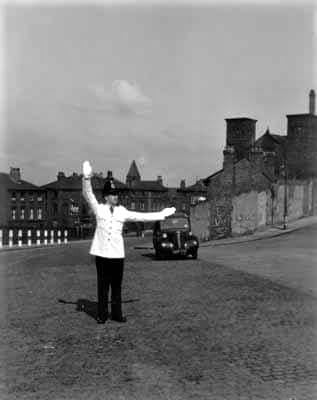
-
Thanks to Mike Pealing for the colour work on this excellent Browside image, circa 1927.
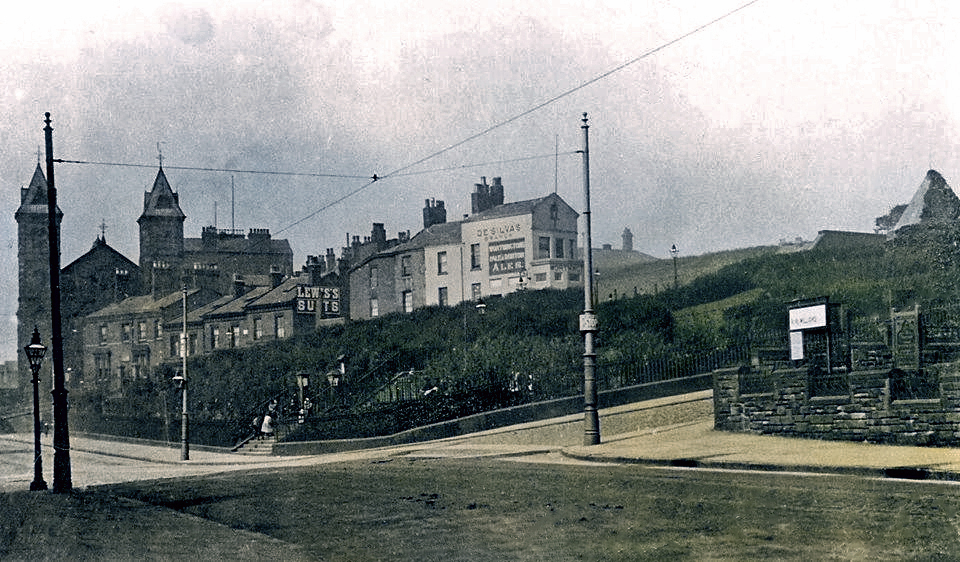
-
Looking up towards Brow Side as it is today.
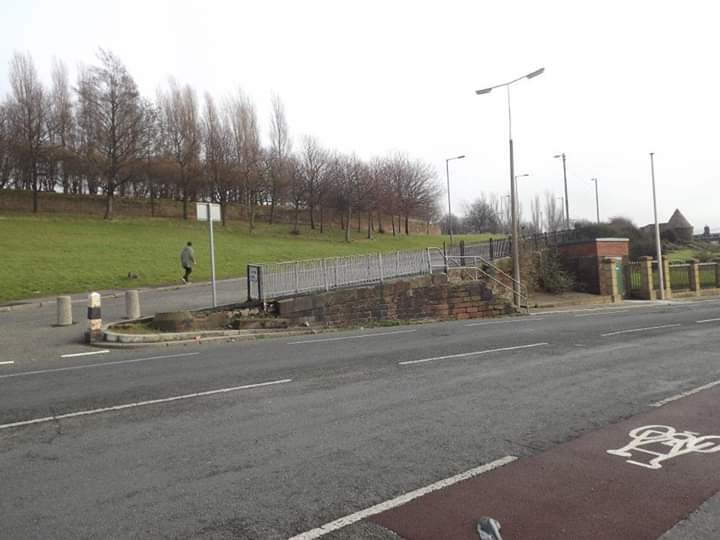
-
More thoughts on the old Walker’s pub that once stood at the top of Everton Brow on Brow Side on the boundary of what is now the modern Everton Park. You can see the large houses on Rupert Lane going off to the left with Village Street straight ahead. The pub actually stands on the site of the ancient Halliday’s Coffee House where, in the 1800s, much of the Everton Village business was done. For instance, James Atherton met at the Coffee House as he planned the building of St George’s ‘Iron Church’. Those using the Coffee House could not have imagined that in the 21st century, every city centre street would be serving an array of posh – and sometimes bewildering – coffee options. Make mine a flat white, in other words with no frills on top!
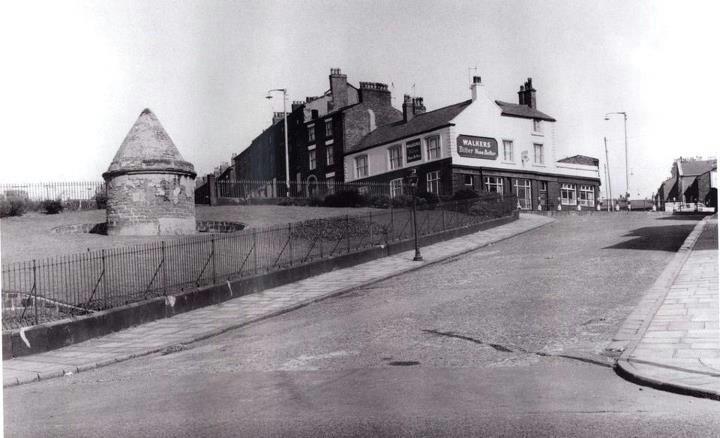
-
An unusual shot up Browside
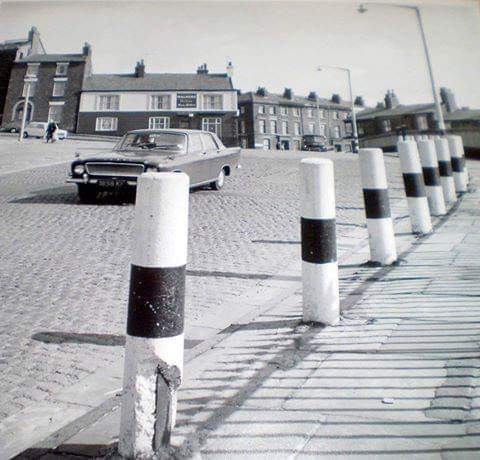
-
Browside 1857. Denis Hargreaves explains: Browside from Everton Terrace, the building on the right was The Artillery Vaults Pub, so named because of it's proximity to Rupert Lane Barracks
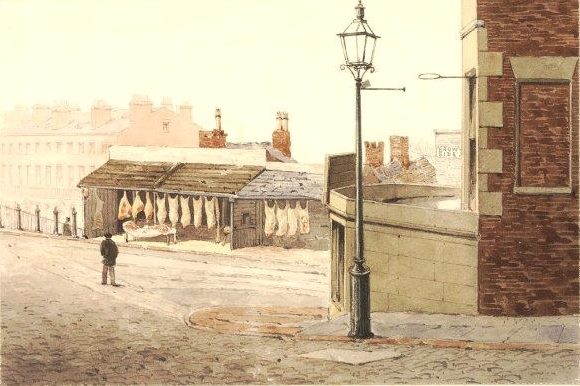
-
Joan Gallagher, Netherfield Road & Surrounding Area Facebook, uploaded this picture. Denis Hargreaves reminds us that this is the former Welsh Independent Chapel, converted to the Ann Fowler Salvation Army Hostel for Women 1907, address listed as number 2 Netherfield Rd South although the houses are actually on Browside. Denis adds that the houses, who many don’t remember, were demolished in the late 1960's.
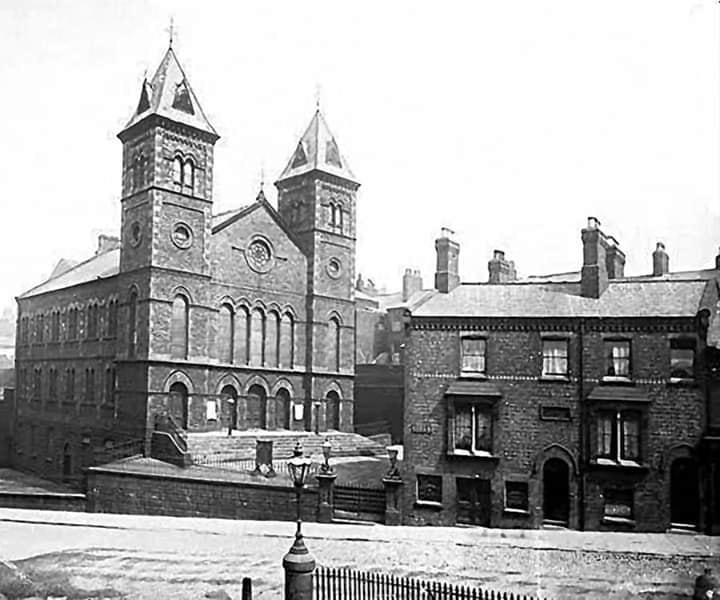
-
How many kids like these two played on these Browside railings down the years.
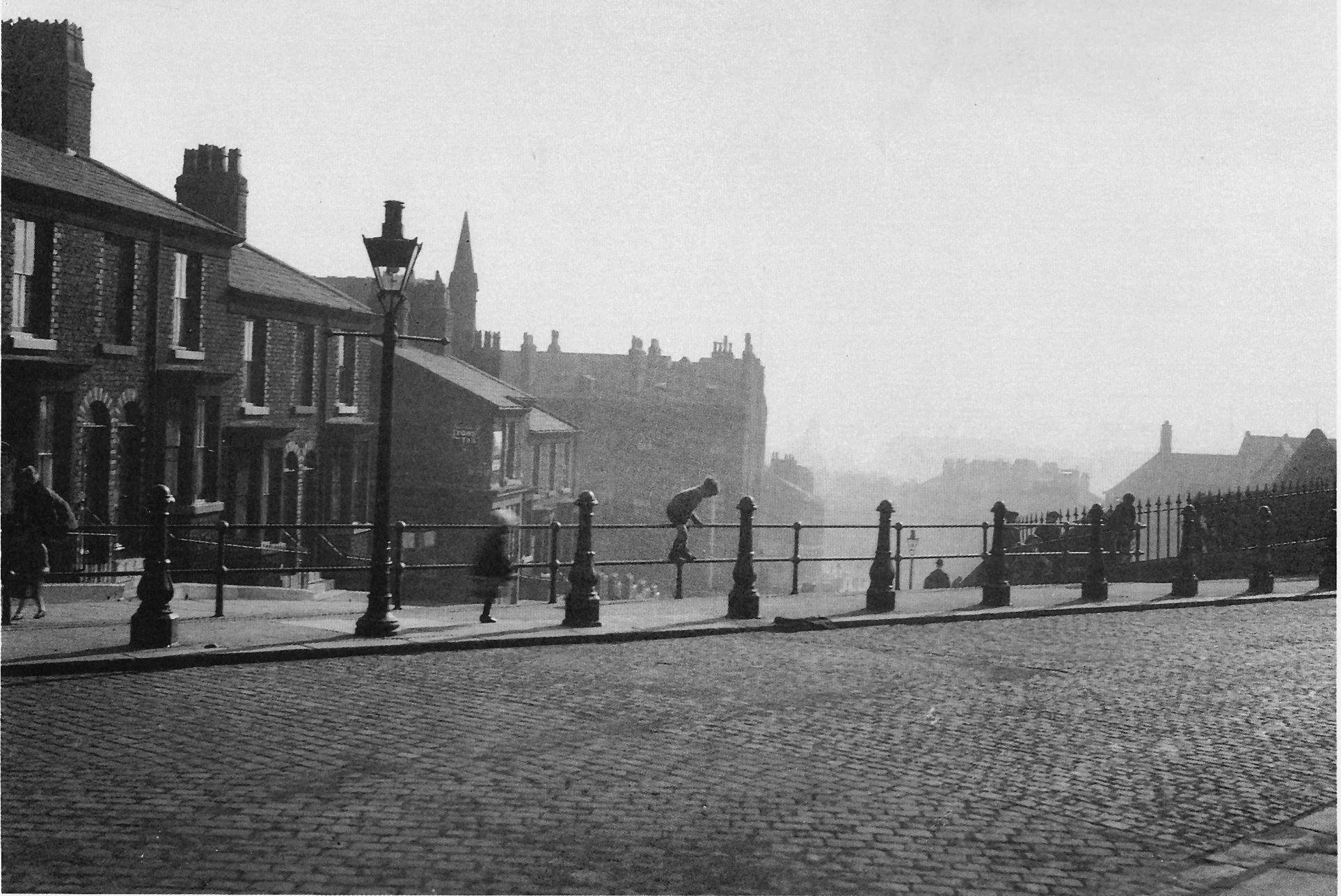
-
A remarkable piece of artwork showing Browside or Brow Side in 1800. People are having a picnic by the tower as the harvest is collected below what is now Netherfield Road South.
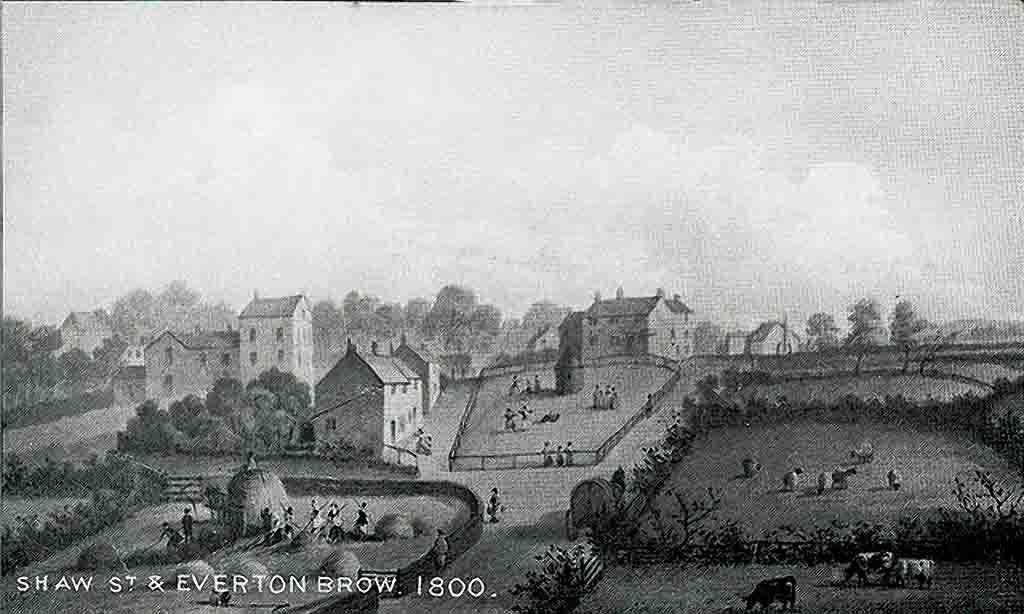
-
Browside showing the top of Everton Brow and the 40 steps as they where referred to.
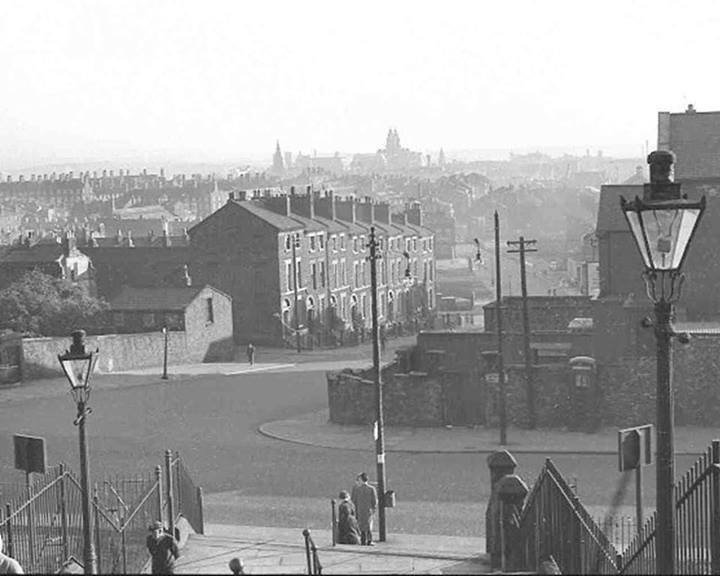
-
It's 1951 and a Corporation worker is removing the glaze off the cobbles on Brow Side.
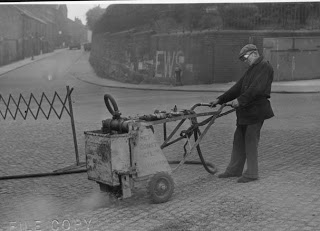
-
Excellent pictures. Many thanks!
-
A good view from Everton Park.
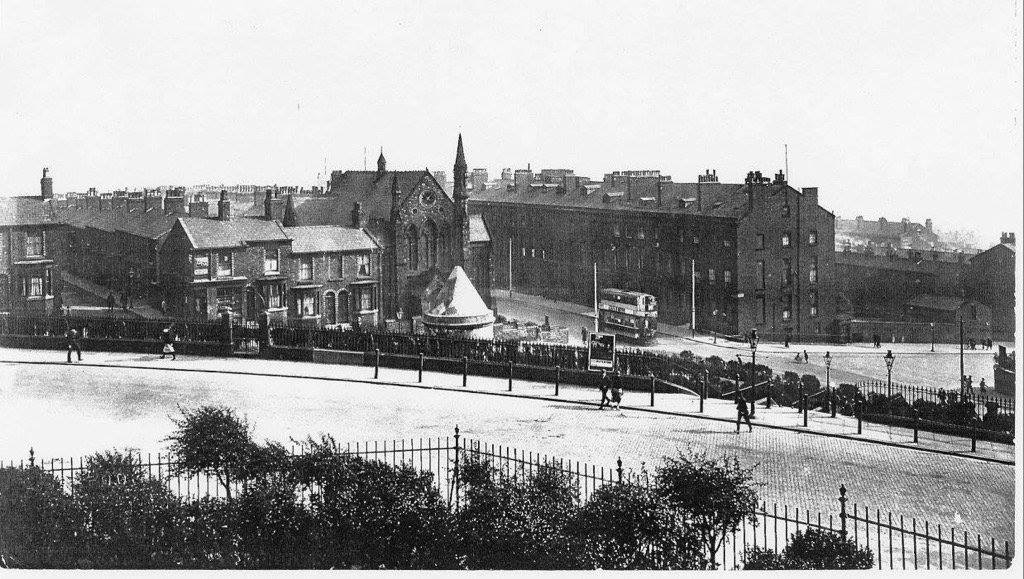
-
Looking down on the old Browside
-
Everton Brow by J Charter, from an 1865 watercolour of the Everton Lock-Up Tower
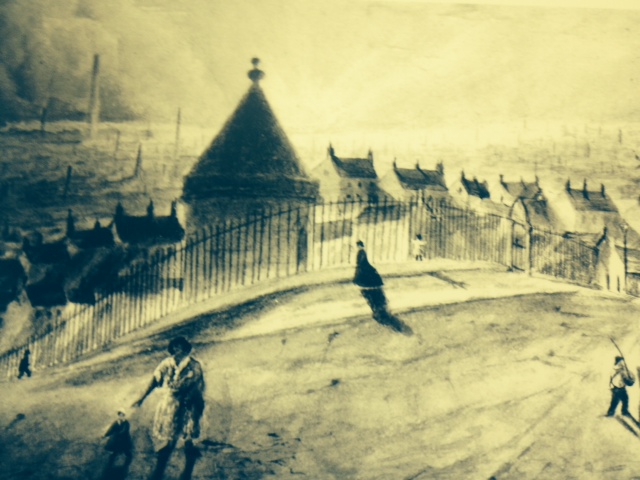

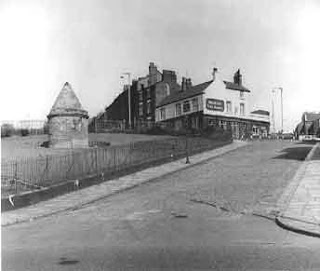
Thank you for your contribution!
Please check back in 24 hours to see if your photo has been approved.
Return